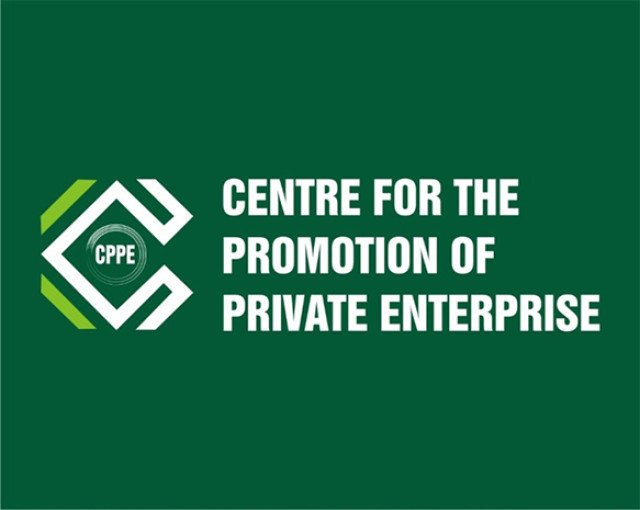CEO Yusuf: Increase in petrol price, ill-timed, insensitive
The Centre for the Promotion of Private Enterprise (CPPE) has said the Nigeria’s economy is not yet ripe for full deregulation.
The CPPE said this in a statement by its chief executive officer (CEO), Muda Yusuf, in reaction to the increase in the pump prices of petrol.
Yusuf decried the recent increase in petrol prices, describing it as “ill-timed and insensitive” to Nigeria’s prevailing economic challenges.
He said the federal government should consider social, economic, and political factors in policy decisions, rather than solely focusing on commercial interests.
Yusuf said the price increase is regrettably ill-timed and does not reckon with the prevailing difficult economic conditions.
He stated, “It is important to stress that social, economic and political considerations matter in policy choices. Commercial considerations should not completely override these considerations.
“The Nigerian economy is not ripe for full-blown deregulation and market principles on all fronts.
“The social cost of such policy choices is typically very high. This is an economy with very weak social safety nets. Over 100 million people are wallowing in various variants of poverty.”
Yusuf said the country is also faced with the challenge of “policy sequencing”.
According to him, it would have been better for the government to implement the economic stabilisation bill before introducing the petrol hike.
Yusuf stated, “The present administration has presented an Economic Stabilisation Bill to the national assembly.
“The Bill is expected to bring some reliefs to the citizens and businesses. It would have been better to allow the proposed mitigating measures to be activated and gain traction before coming up with the petrol price hike.
“What the economy needs at this time are measures to ease the current economic and social challenges; not policies that would aggravate them.”
He also advised the government to urgently cut import duties and taxes by a minimum of 25 per cent on all industrial raw materials and fix customs duty exchange rate at a maximum of N1000 per dollar to reduce the current prohibitive cost of imports.
“Relevant legislations should be amended to that effect. This is without prejudice to the fiscal policy measures contained in the Economic Stabilisation Plan. The government must be ready to trade off some revenues in the current situation.”
“There is a need to seek to achieve the maximisation of welfare function for citizens and productivity function for businesses.”
Yusuf also stressed that the government should not be fixated on revenue maximisation.




















